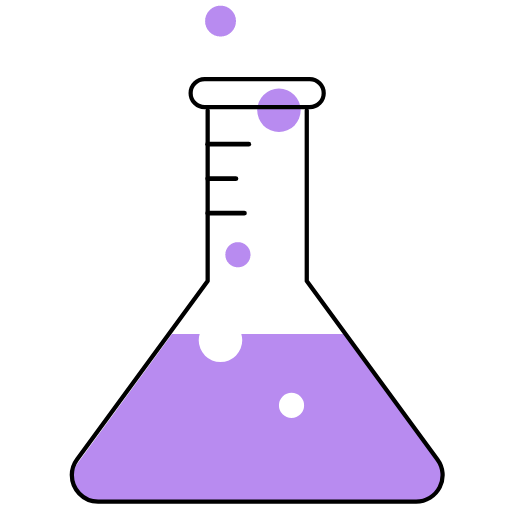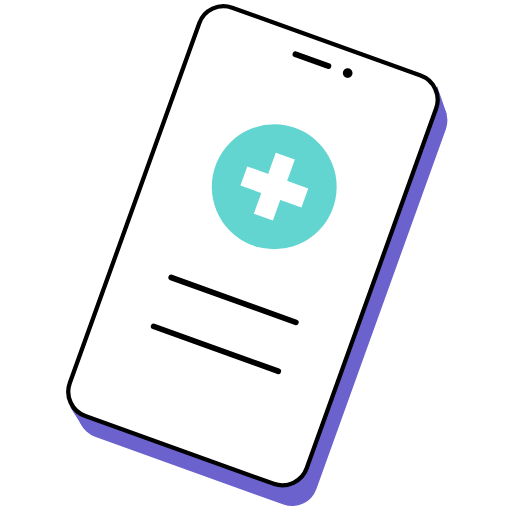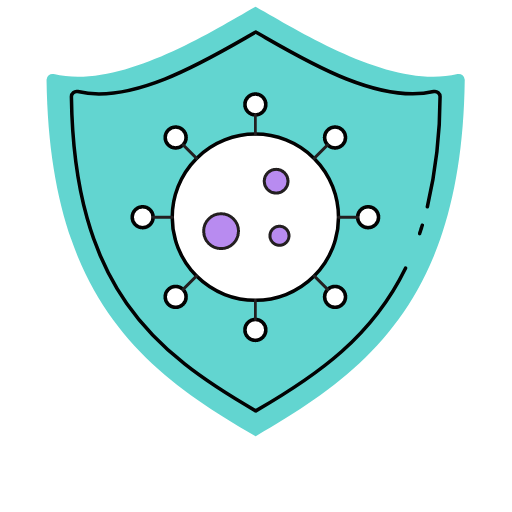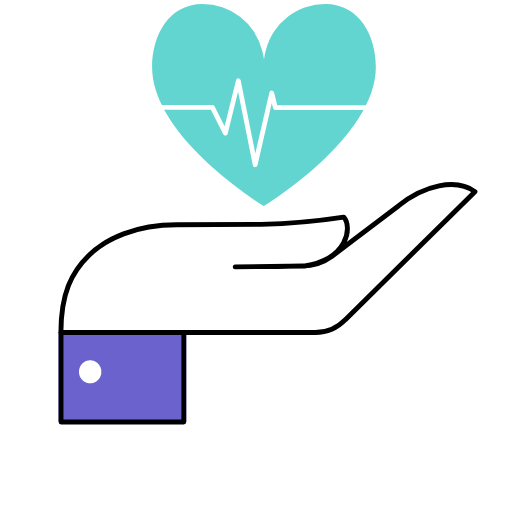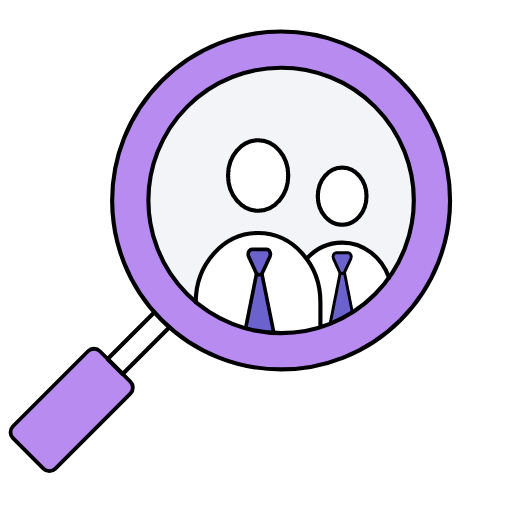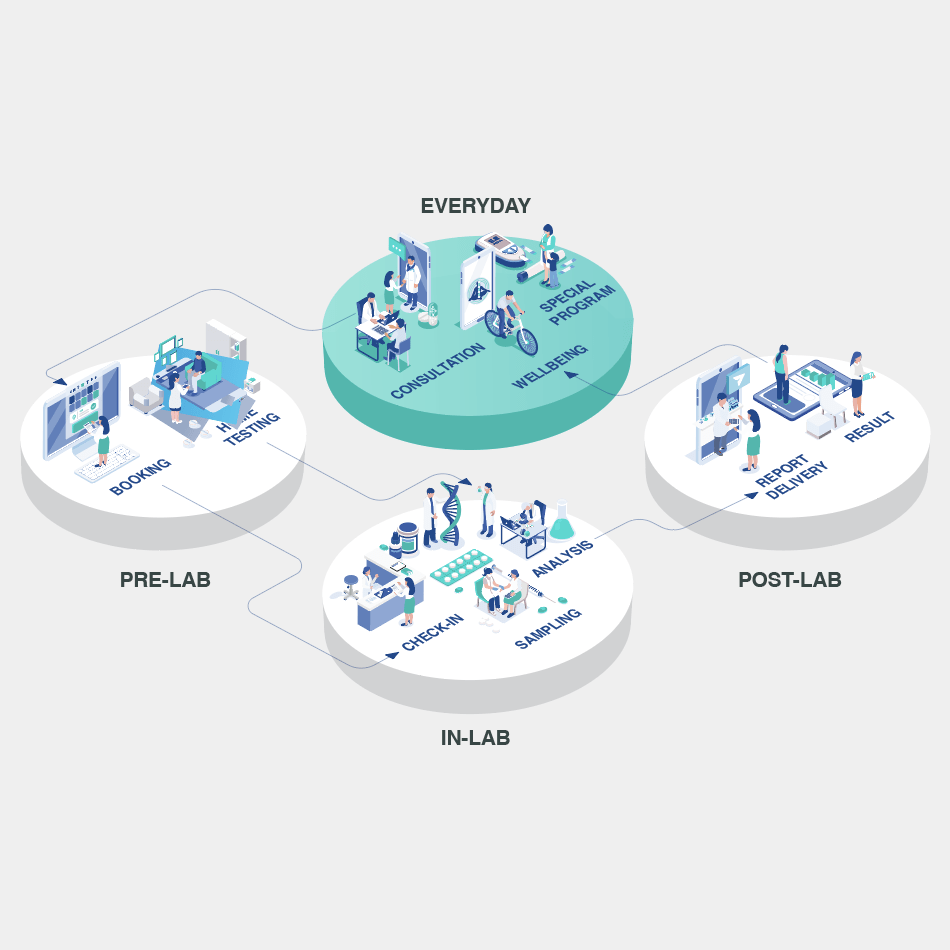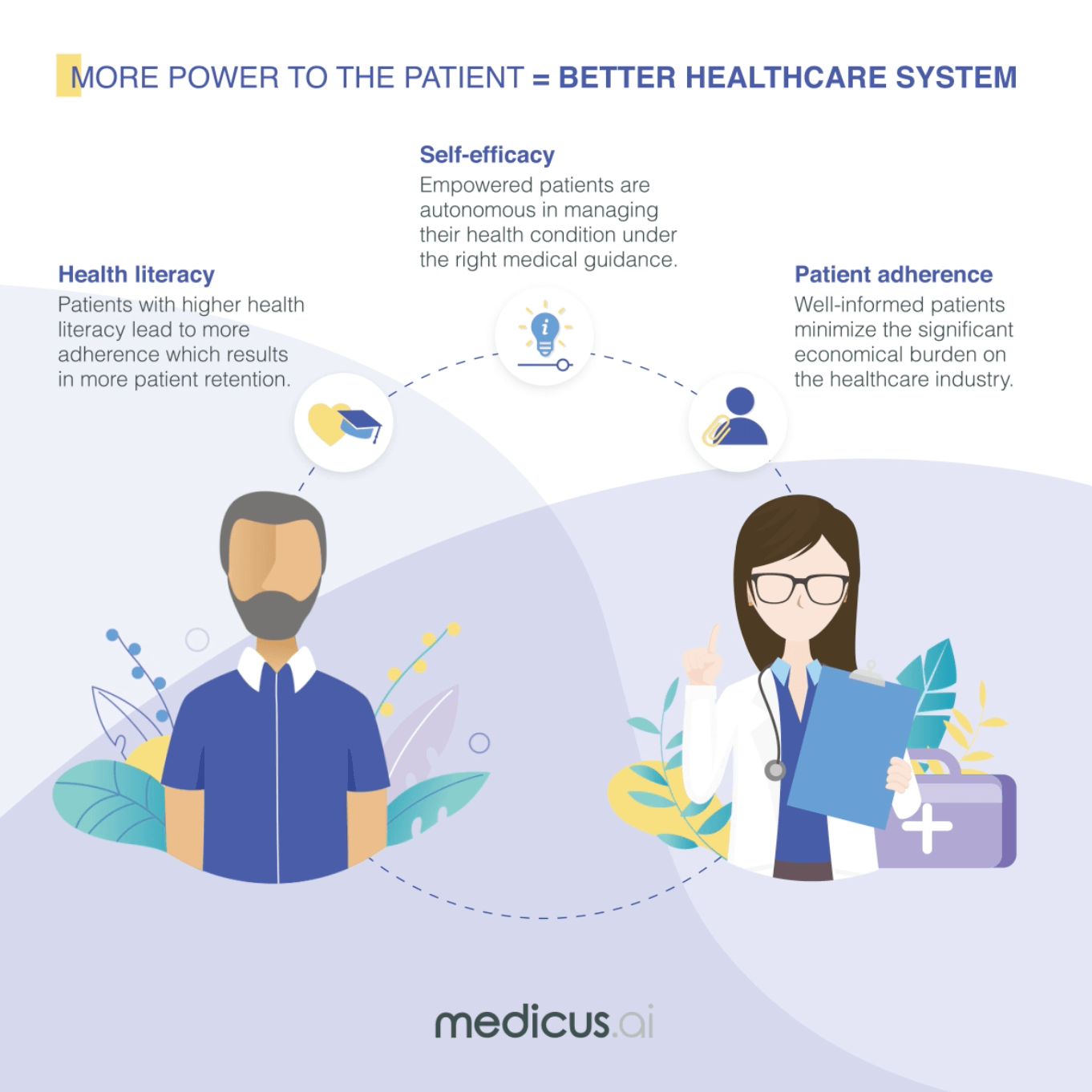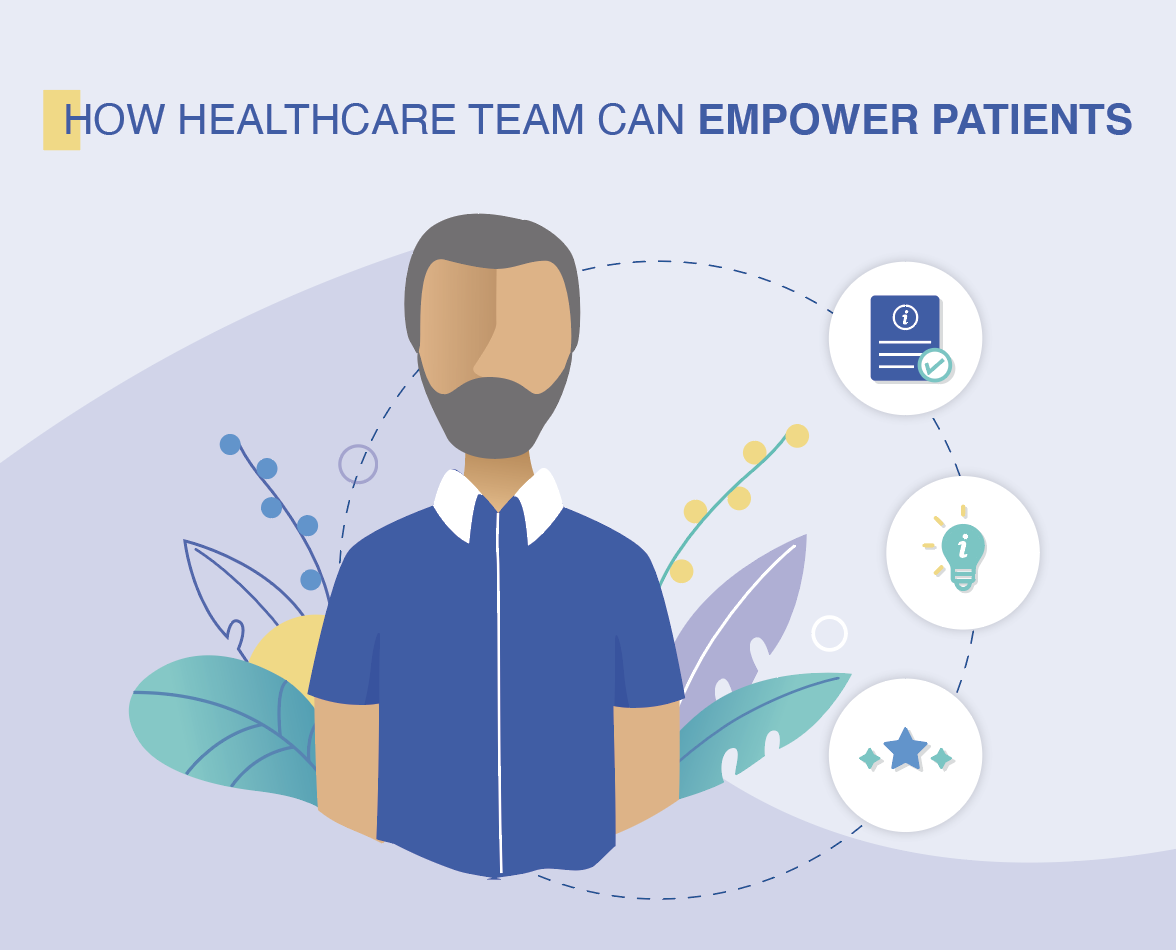Medical researcher or non-profit volunteer? How can two unrelated positions in completely different fields have some things in common? Article written by Sidra Raslan, medical researcher at Medicus AI.

Upon graduating, I was presented with two opportunities, which I still carry to the present day. One, to be a full-time medical researcher within a digital health company, Medicus AI, and the second in the capacity of a volunteer as the Co-Directing Manager of a youth peace-building and leadership conference within a NPO called Initiatives of Change that aims to build trust between the world’s divides.
In the beginning I was worried about the diversity between these two roles and the level of commitment they required. The more I stayed though, the more I found similarities within the learnings and experiences I got out of them. I have highlighted some of these overlapping learnings below:
01 | The importance of taking the time to ask a genuine “How are you doing?”
Oh but the tempting feeling to just knock on someone’s door or directly ping someone with a request! I still struggle in finding the balance between speed and the satisfaction of getting a task off my chest, and the necessity to express genuine interest and build connections. However, I am now capable of collaborating more transparently, and productively with whom I have taken the time to check up on every now and then.
I make time and start the conversation with a genuine question about someone’s day, recent celebrations, or even the weather. One thing I found particularly helpful was signing off an email with something fun and genuine to share. This keeps the email professional yet humanizes the sender and helps strengthen connections.
02 | The need of empathy in leadership and the workspace
“No matter where you find yourself — in the home, the larger society, civil society, government, etc, remember you are a leader.” — Min. Arthur B. David
Being a leader in the conference and a team member at Medicus AI, I found that I grew more tolerant, understanding and motivated. As if I was learning a language and teaching another, I was able to gain perspective on both sides.
Not prioritized enough, empathy plays a crucial role in modern leadership to increase loyalty, satisfaction, influence, and trust. At Medicus AI, colleagues from different departments, positions, and nationalities participated in online Trivia quizzes and other interactive games. That, alongside skip level meetings helped build a more empathetic workspace.
Empathy came in another form at Initiatives of Change. “Service” was encouraged, mandatory, and highly valued. Participants alongside the forum director took turns serving each other and others in the dining room and buffet. This created synergy, understanding, and gave everyone a chance to develop and voice their thoughts.
03 | Effective written communication comes in the form of short, straight to the point, and when possible, visually appealing text
Delving into skill-related learnings, I’ve come to realize that positive written communication is an art, one that is of high necessity in the ever growing online world. Being someone who’s in love with details, I found myself constantly writing paragraphs clarifying the purpose, only to realize that, 99% of the time, the recipient was uncomfortable with the amount of words written. After this realization, I started making sure that my emails only have the most necessary information and never exceeded a couple of action points, while carefully outlining the purpose in the subject.
This was also encouraged at Medicus AI. The entire research team participated in an email writing course.
04 | Meaningful data analysis is the key to project development
Medicus AI, since its inception, used data analysis as a form to evaluate, validate, develop and present its projects. Once we started analyzing data in our small conference team, we managed to identify our expected vs the actual target audience, understand the regions where and when our participants are most active, and analyze the overall commitment level, amongst many other findings. All of this information, when handled and used carefully, provided solid foundations to make informed decisions.
05 | Everyone has the right to the protection of their own shared personal data
A totally new concept, profusely emphasized by both organizations based in the EU region. I learned to always ask myself questions before dealing with personal data: Do I absolutely need to collect this data? Do I have the individual’s consent? Can I safely store this information? Can I delete this information upon request?
Some of these points might be in the back of our minds as we go about our daily lives. We know they are important to practice, but sometimes do not find the energy, time, or willingness to go forward with them. However, I have found that prioritizing positive communication, and practicing the right security measurements, whether in working towards worldwide trust building, or in a corporation promoting easy access and understanding of health, are very beneficial.

